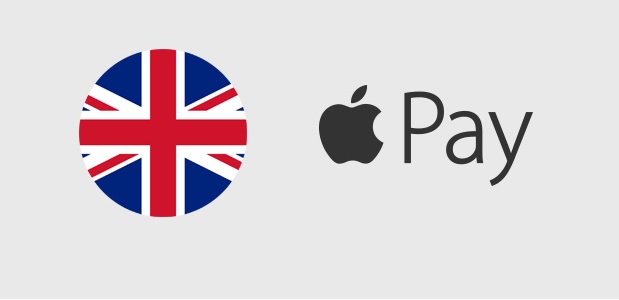
According to press reports that point to private documents, belonging to one of the biggest retailers in the UK, Apple Pay will be coming to UK stores on July 14. Apple Pay expectations are high. Not surprisingly, as the Adyen Global Mobile Payments Index Q2 shows that iOS users spent more per transaction than users of Android, says on its blog Paul Alfing, Chair e-Payments Committee of Ecommerce Europe.
The Mobile Payment Index shows with the Average Transaction Value (ATV) that iPad users on average spent €104 per online transaction; much more than the €84 for users of tablets with Android. The same goes for the ATV of smartphone users: iPhones representing an average value of €75, Android €68. Next to that, iPhone counts for almost 36% (35.6%) of all browser related mobile payment transactions. Of all worldwide internet payments, 10.2% is done via iPhone. At the beginning of 2015 this was still 8.6%.
All the more reason for Apple to invest in its own payment system: Apple is already widely used, user friendly and represents an interesting group of consumers as they spent more on average.
Will Apple Pay lead to less fragmentation?
That said, it was Steve Jobs himself who said that Apple shouldn’t go into payments as it is impossible to control the whole ecosystem. But now Apple is. And the company makes sure they aren’t in any way responsible for any fraudulent or disputed transaction. An interesting question related to that is if this will harm their reputation. Probably not in the short term, as the way of payment is so simple, almost seamless, that consumers aren’t aware of which company they are really dealing with. And because the payment solution is so easy to use, there’s a big chance that Apple Pay will lead to less fragmentation. Less fragmentation simply due to the fact that the market share of Apple will increase further.
Will there be a payment monopoly?
Does this all mean that we will end up with the dominance of one solution? No, because at the same time there is more competition and there are other market forces, such as Google and Facebook. One can ask himself to what extent less fragmentation leaves enough choice for consumers. Definitely, there will be a War of the Wallets. Payment providers that offer extra services, link off- and online, and have a seamless shopping experience across borders will be the winners. It may turn out there will be more than one winner in the Wallet War. I guess that Apple with Apple Pay will be at least one of them. We will see if my assumption is correct from July 14 onwards.
In Q2 2015, 44.8% of online payments in the UK were made using a mobile device, up almost 2 percentage points from the beginning of the year. If the current trend persists, the UK may surpass the 50% mark for mobile transactions midway through 2016, according to Adyen Mobile Payments Index.
“The big news dominating payments in the UK this quarter is the launch of Apple Pay. Our findings show that with the sky-high popularity of mobile payments and high penetration of iPhones in the market, in the UK Apple Pay offers a unique opportunity for businesses to connect with an affluent shopper demographic that is already used to making purchases by mobile,” Myles Dawson, UK Country Manager, Adyen.
Banking 4.0 – „how was the experience for you”
„To be honest I think that Sinaia, your conference, is much better then Davos.”
Many more interesting quotes in the video below: